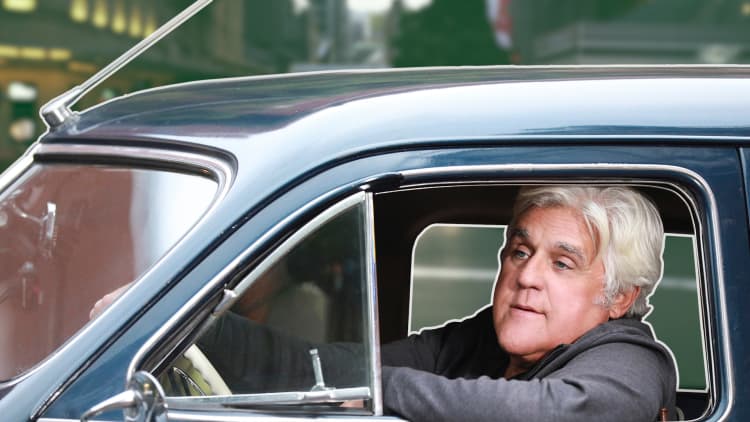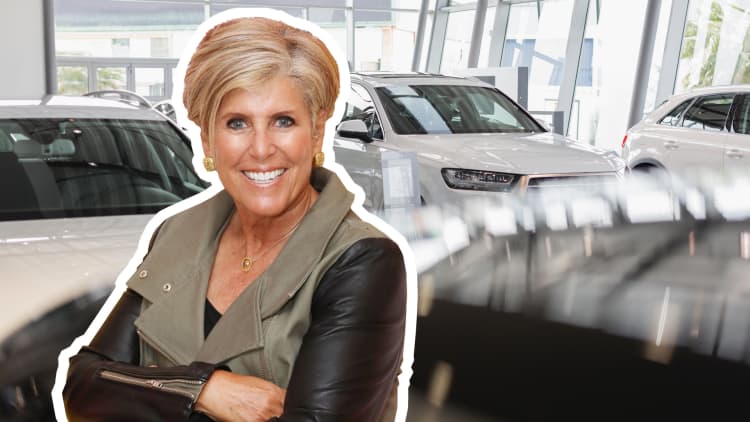Buying a car may be one of the biggest purchases you make, so you want to make sure you're getting the best price.
To do so, you'll want to watch out for common tricks dealers use to get you to spend more. Here are three, according to former car salesman David Weliver, who now runs personal finance website Money Under 30.
1. Shift you to a car that's more profitable for them
It's important to know what car you want to buy before heading to a dealership. Otherwise, "you're at the mercy of the salesperson," says Weliver. You give them room to play off your emotions and sell you something that's more profitable for them.
"You don't want to get in a situation where they can use your eagerness, excitement or urgency to get a car against you," he says.
Figure out what type of car — and, ideally, the specific model — you want before making an appointment at a dealership. Think about your priorities: Will you be carpooling? Do you have a long commute? Is fuel economy important? What are your must-have features? Is trunk space necessary?
You also want to determine how much you can afford and set a budget. Keep in mind that, almost always, a car will end up costing you more than the sticker price. You want to factor in all of the expenses that come with actually owning a vehicle, including gas, insurance, maintenance and repairs.

2. Distract you from the total price
One of the biggest mistakes first-time car buyers make is overspending, says Weliver. It's particularly easy to do if you're financing your car: "Dealerships love to focus on the monthly payment and distract you from what you're really paying for the car — the bottom line price."
The car industry keeps stretching financing terms, he adds: "When I was selling cars 15 years ago, the maximum term of a car loan was usually 60 months, or five years."
Today, car companies will offer terms up to 80 months, which is nearly seven years. "They do that because cars are getting more expensive, so in order to keep the monthly payments looking affordable, they're stretching the term out," he says.
Dealerships love to focus on the monthly payment and distract you from what you're really paying for the car.David Weliverfounder, Money Under 30
While a longer loan means smaller monthly payments, it also means you'll pay more in interest. Keep that in mind when a sales rep starts showing you lower monthly payments during the negotiation. Oftentimes, they're simply extending the term of the loan and not reducing the actual price of a car.
You want to keep the term as short as you can afford, says Weliver. That way, you'll pay less in interest and your rate might even be lower, as lenders tend to charge higher interest rates for longer loans.
"Sixty months is the absolute longest loan term you should take on a car," he says. "Ideally, keep it to three to four years."
3. Sell you add-ons that you don't need
"The selling doesn't stop after you agree on the price," says Weliver. When you're finalizing the sale, the rep will try to sell you a bunch of add-ons, from warranties to paint protection.
"They'll present you with so many different things you can buy that most people think, 'Well, I should buy something,'" he says. "If there are any additional features you want, know that going in." Otherwise, "It's fine to say 'no' to all of it."
Don't miss: How to negotiate the best price on a car, according to former car salesmen
Like this story? Subscribe to CNBC Make It on YouTube!



